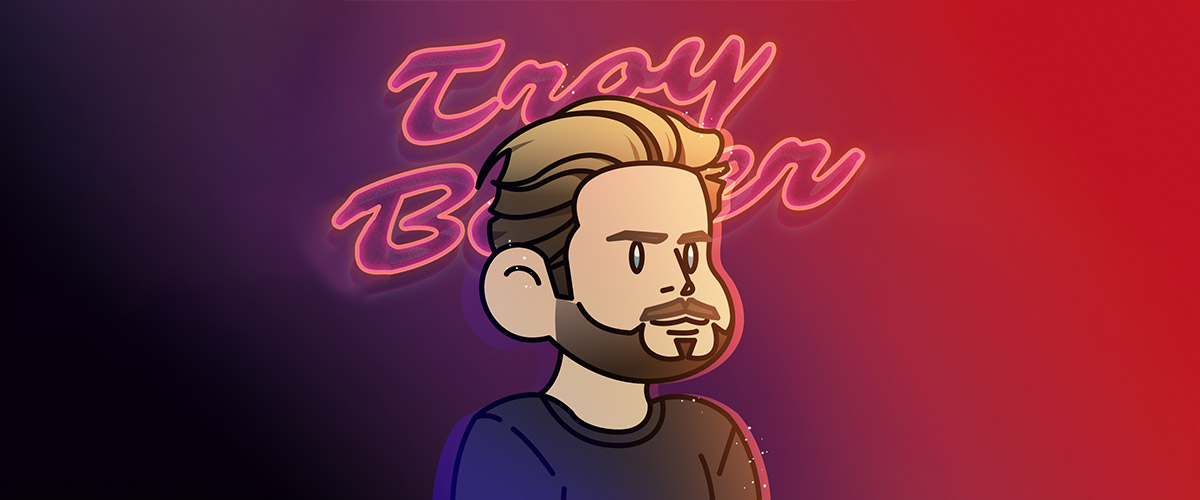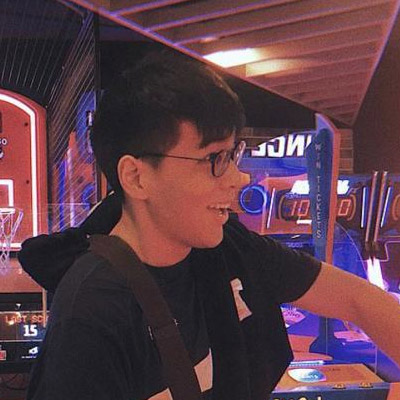Recently, Troy Baker, voice actor of iconic video game characters such as Joel Miller in The Last of Us, Pagan Min in Far Cry 4, and Booker DeWitt in BioShock Infinite, tweeted out his support for the Voiceverse NFT project. Baker, at the time of writing, remains ambiguous about his involvement in the project following the backlash he faced.
The Voiceverse NFT project attaches the technology to an AI-powered voice, giving the owner of the NFT commercial rights over the voice. Hence, an owner would be able to use that voice to make their own content, for in-game chats, and for zoom calls. While it is unclear how the NFT technology is at all necessary for this, Baker was taken by the idea of giving content creators more accessibility to high-quality voice work.
However, it turns out that Voiceverse took voice lines from the popular free-to-use text-to-speech service, 15.ai, and increased the pitch of said voice lines to obfuscate their origin, which puts their intentions behind the project into question. Voiceverse has admitted that they stole voice lines without proper credit and permission, and apologised to the creator of 15.ai on Twitter.
Still, taking credit for another creator’s work seems to run counter to their purported support for content creators as a whole.
Given all the rage surrounding NFTs currently, it is easy to get caught up in all the hype and potential uses of the technology. However, due to the nascent nature of the technology, it is rife with issues and opportunistic tendencies. With how confusing the technology can be, here’s a primer on what NFTs are. Tread carefully.













